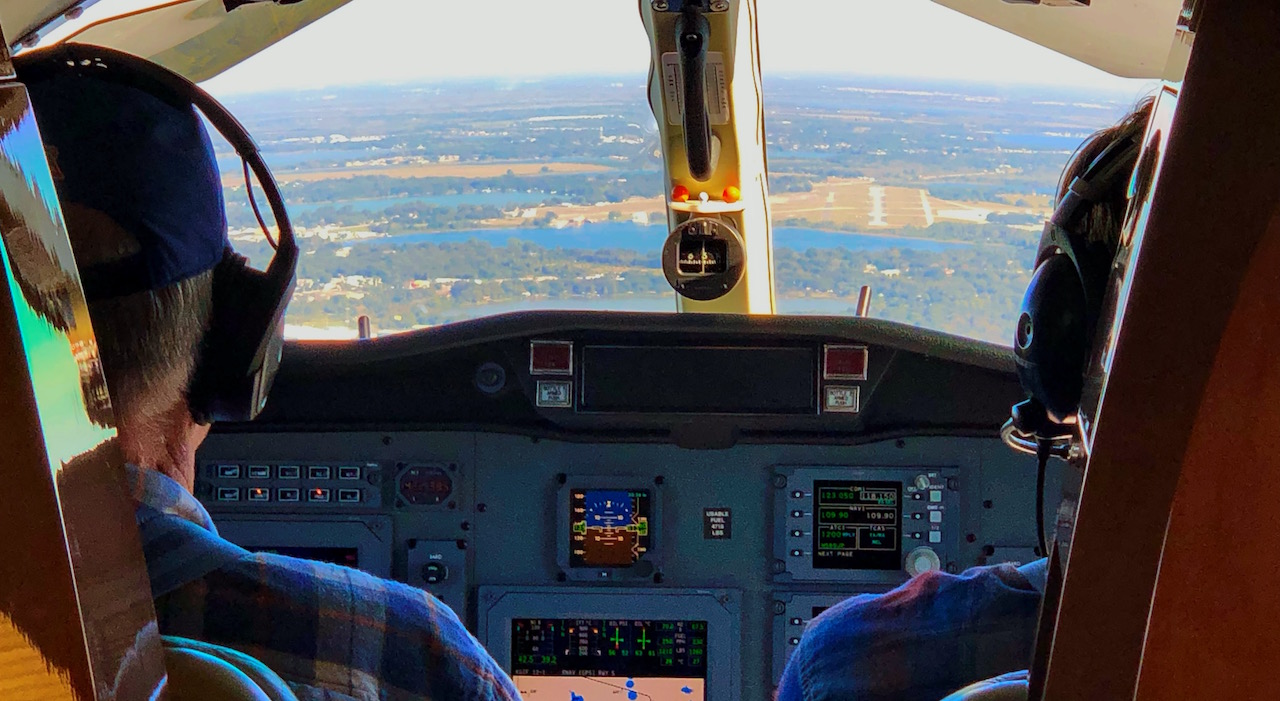“Our flight department needs to replace two pilot positions, but I can’t action the requisition until demand picks up.”
In the past week, I’ve heard this statement by aviation hiring managers FIVE times. That’s 10 pilot positions that need to be filled—and four of them are on the same field (at two different companies).
To be sure, these leaders are in a pickle. They’re all waiting for the right moment to take their new-hire requests up the chain for approval.
But the challenge is that when aircraft usage picks up, countless departments will be recruiting for the same top talent—at the same time!
So if you’re thinking about pilot recruiting, you’ll have to get in line.
Competition is Fierce for Pilot Recruiting
To prove my point, did you see that Flexjet just announced plans to hire 200 pilots to meet unprecedented demand?
When I read that headline I thought to myself: Where in heaven’s name are all of these pilots going to come from?
Here’s some advice . . .
Don’t wait.
If you put off making the requisition, you’ll be scrambling like the rest of your colleagues. They’ll be suffering the same pain.
- Figure out what type of talent you need and rewrite the job description.
- Get very clear and aligned on the cultural add that you’re looking for.
- Determine the type of EQ and personality you need going forward?
- Strategize on your succession plans.
- Make a list of which pilots might quit and leave a gaping hole. And then do all you can to keep them!
Build your business case.
Explain the situation to your aviation reporting executive as well as your HR and recruiting partners. (Show them this article if you need to.) And, at minimum, document the conversations with your reporting executives and HR representatives. If you simply can’t secure a requisition at this time, explain that waiting means more competition when the need arises.
Consider the cost of a bad hire.
The reason you need to hire the right person? It’s a very costly move if you make a bad hire because you’re rushed. Take a look at how quickly the costs rack up if you hire someone who doesn’t work out. Especially if they leave within the first or second year.
At API, one of the most valuable things we offer is greater transparency between our client and candidates. And the ability to make culture-specific matches. (You get what you pay for—and what you’re paying for is an investment in your culture.)
Know your timeline.
In a normal hiring year, it can take 3-6 months to onboard and train a new pilot. (And the timeline will certainly push out when demand for top talent increases). The includes everything from getting through the new hire requisition process, the resume screening process, the in-person interviews, the offer stage and the possible relocation. And let’s not forget that if these new pilots need either initial or recurrent training, they’ll have to get in line. Other new hires will also need training.
With that said, I hope you’ll get started now. The time is right. After all, there’s going to be immense pressure to hire the right talent.
Think of it this way . . . if you recruit pilots now, they should be trained and contributing by January.
Ready to talk with API? We’re here to help. Meet our team and give us a call at 1 (415) 751-3250. Or, drop us a line.

